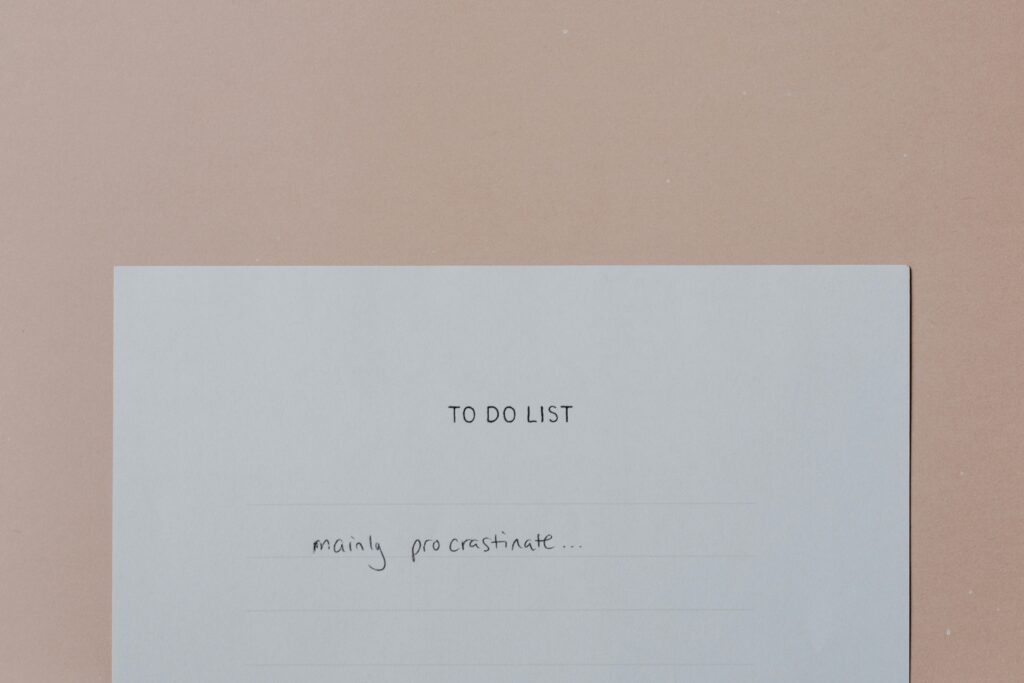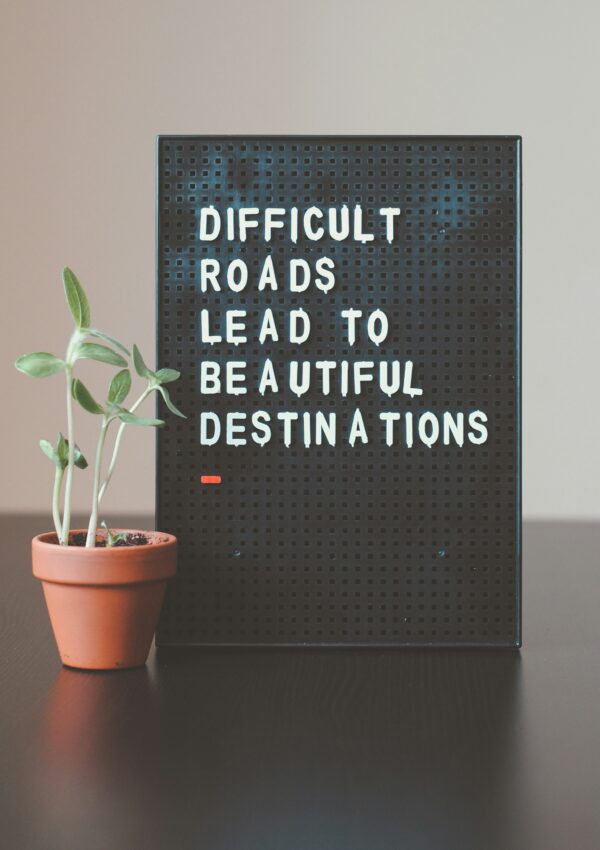Preparing for the arrival of your baby is an exciting journey, but it can also feel overwhelming with so many tasks to complete before your due date. From setting up the nursery to packing your hospital bag, there’s a lot to think about. This ultimate baby preparation checklist will help you stay organized, reduce stress, and ensure you’re ready for your little one’s debut.
Why a Baby Preparation Checklist is Important
The weeks leading up to your baby’s arrival can be a whirlwind. A checklist keeps you on track, helps you prioritise, and gives you peace of mind knowing everything is ready when your baby decides to make their grand entrance.
Let’s dive into the essential to-dos!
1. Prepare Your Baby’s Nursery
Creating a cosy, functional space for your baby is one of the first steps in preparing for their arrival.
Essentials to Include:
- Crib or Bassinet: Ensure it meets current safety standards. Avoid pillows or loose bedding.
- Changing Station: Set up a safe area stocked with diapers, wipes, and diaper cream.
- Storage Solutions: Use baskets, drawers, or shelves to organize baby clothes, blankets, and toys.
- Rocking Chair or Glider: Perfect for late-night feedings and cuddles.
- Blackout Curtains: To create a sleep-friendly environment.
Pro Tip: Wash all baby clothes, bedding, and fabric items in a baby-safe detergent before use as baby skin is very sensitive.

2. Stock Up on Baby Essentials
Having the right supplies on hand will save you last-minute trips to the store for essentials. This handy Baby preparation checklist will help you ensure you have everything you need https://louladigital.etsy.com/uk/listing/1495762007/hospital-checklist-newborn-checklist
Feeding Supplies:
- Bottles and nipples (even if you plan to breastfeed).
- Breast pump and milk storage bags if breastfeeding.
- Formula (if formula feeding).
- Bibs and burp cloths.
Diapering Essentials:
- Newborn diapers or cloth diapers.
- Wipes and diaper cream.
- Diaper pail for easy disposal.
Clothing Basics:
- Onesies, sleepers, and outfits in newborn and 0–3 month sizes.
- Socks, mittens, and hats.
- Swaddle blankets and wearable sleep sacks.
Bath Time Must-Haves:
- Baby bathtub.
- Gentle baby shampoo and body wash.
- Soft washcloths and towels.
3. Pack Your Hospital Bag
Packing your hospital bag in advance ensures you’re ready to go when labour begins – which is anytime!
Mom:
- Comfortable, loose-fitting clothing (think nursing-friendly tops and a robe).
- Maternity bras and nursing pads.
- Toiletries: toothbrush, toothpaste, hairbrush, lip balm, and deodorant.
- Phone charger and snacks.
Baby:
- A going-home outfit.
- Receiving blankets.
- Diapers and wipes
Your Partner:
- Comfortable clothes and toiletries.
- A camera or phone for photos.
- A list of important contacts to update.
4. Plan for Postpartum Recovery
Taking care of yourself after birth is just as important as caring for your baby.
Postpartum Recovery Essentials:
- Perineal spray or witch hazel pads.
- Maternity pads or adult diapers.
- Nursing pillow for feeding support.
- Comfortable underwear and loose clothing.
Pro Tip: Prepare freezer meals or stock up on easy-to-make groceries for those first few weeks postpartum.
5. Install and Check the Car Seat
Your baby’s car seat is non-negotiable when it comes to safety, so do treat this as a priority.
Tips for Car Seat Installation:
- Choose a rear-facing infant car seat that fits your vehicle.
- Follow the manufacturer’s installation instructions carefully.
- Schedule a car seat safety inspection at your local fire station or baby store if unsure.
6. Choose a Pediatrician
Selecting a paediatrician before your baby arrives can save stress later.
What to Look For:
- Recommendations from friends or family.
- Office location and hours that suit your schedule.
- Compatibility with your parenting philosophy.
Schedule an initial appointment or meet-and-greet to ensure you’re comfortable with your choice.
7. Take a Childbirth and Baby Care Class
Educating yourself on labour, delivery, and newborn care will boost your confidence.
Popular Topics Covered:
- Labour stages and pain management techniques.
- Breastfeeding basics.
- Baby CPR and safety.
- Diapering, bathing, and soothing a newborn.
Many hospitals and community centres offer in-person or virtual classes to fit your schedule.
8. Organize Important Documents
Keep essential paperwork organized and easily accessible.
What to Prepare:
- Insurance details for labour and delivery coverage.
- Maternity leave or work paperwork.
- Baby’s birth certificate and social security registration forms.
9. Babyproof Your Home
It’s never too early to start making your home safe for your baby.
Babyproofing Checklist:
- Secure furniture to the wall to prevent tipping.
- Cover electrical outlets with safety plugs.
- Install baby gates at the top and bottom of the stairs.
- Store cleaning supplies, medications, and small objects out of reach.
10. Plan for Help After Baby Arrives
Having support during the postpartum period is invaluable.
Consider These Options:
- Arrange for family or friends to help with meals, chores, or babysitting older children.
- Hire a postpartum doula for extra support.
- Connect with local or online mom groups for advice and camaraderie.
11. Prepare Emotionally for Parenthood
Becoming a parent is a big life change. Take time to mentally and emotionally prepare.
Tips for Emotional Readiness:
- Communicate openly with your partner about expectations and concerns.
- Practice mindfulness or meditation to reduce stress.
- Set realistic expectations—parenthood is a learning process, and perfection isn’t the goal.
12. Celebrate the Journey
Don’t forget to enjoy this special time in your life!
Ideas to Celebrate:
- Take maternity photos to capture the moment.
- Write a letter to your baby to commemorate your thoughts and feelings.
- Plan a small gathering or virtual baby shower with loved ones.
Preparing for your baby’s arrival doesn’t have to be overwhelming. With this ultimate baby preparation checklist, you can tackle tasks step-by-step, ensuring everything is ready before your due date.
Remember, it’s okay to ask for help, take breaks, and enjoy the process. No matter how much you prepare, the most important thing is creating a loving, welcoming environment for your little one.




